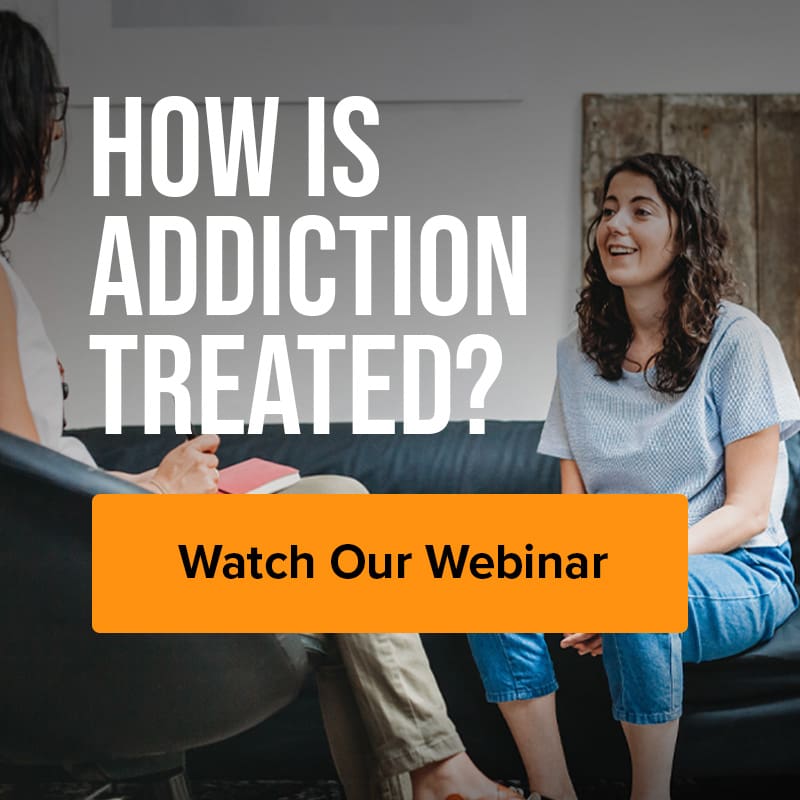Written by: Nicole Sartore-Babuin, BSW, CDP, Family Programs.
Last week I had the pleasure of volunteering at my daughter’s third grade class to help with an art project. At the end of the lesson some of the kids started talking about politics – Donald Trump in particular. All of the sudden the entire class was spewing true and false facts about this certain political candidate and I felt a sense of panic come over me. Whether or not these children were right or wrong, it was a reminder of how easily young minds are influenced by everything around them.
That same evening, I was trying to make dinner and had the local news on television. Of course, the majority of the news was about politics but that night there was an interruption about a “Breaking story”. I wasn’t really paying attention as I was trying to follow a recipe – cooking isn’t a skill that I was blessed with! I was in the midst of trying to make broccoli look like chicken nuggets when I heard my daughter Gemma yell out, “Mom, you didn’t tell me that Prince was hooked, stuck and trapped?” In addiction recovery, the phrase- ‘hooked, stuck and trapped’ is the definition of addiction.
The one thing that I am certain of is that every night when I lay my head on the pillow is that I’ll educate and honestly (age appropriately) talk to my kids about substance use disorder. I might not be able to remember how to help them with fractions homework, but I can educate them about addiction.
There is a significant probability that someone in your family, workplace, or group of friends will be affected directly or indirectly by substance use disorder. According to a study in the Journal of Social Work Education, almost 12% of American children are living with a parent who has a substance use disorder. [1]Yet, most people still have reservations when it comes to discussing the impact of addiction or substance use disorder. Breaking the cycle and stigma of addiction is up to us – the adults. I have had many conversations with adults and due to their personal discomfort or lack of education on addiction, they don’t talk about it and hope that kids will be taught about it at school.
I am sure this will not come as a surprise, but there might be only a few minutes spent on the topic within the public education system. In my undergraduate degree there was only a small chapter on addiction.
When I work with families, they often ask me, “How do I talk to my kids about addiction?”
As I stated above, talking to children about addiction starts with our beliefs and comfort with the subject. There are some things that can help you start the conversation that we use at the EHN Seattle Clinic and at EHN Edgwood Nanaimo.
Research states that all drug education for prevention should include information in regards to communicating and expressing feelings, asking for help and offering help to others.[2] The EHN Clinic in Seattle and Edgewood in Nanaimo runs a program for children with addicted family members called the Bounce Back Program. During the three-day Bounce Back Children’s Program, we spend most of the program teaching kids how to talk about uncomfortable feelings. Feelings such as anger, guilt, shame, fear, confusion, and sadness are shared. We use a backpack filled with these heavy feelings rocks to show the kids that when we don’t share our feelings, the backpack is very difficult to carry. Once they share their feelings the bag gets lighter.
We talk about the heavy bag in terms of addiction. Often, children feel that they caused someone they love to use substances. When they learn that their loved one with an addiction has been carrying this heavy, ugly, annoying backpack their whole lives there is such a feeling of relief.
In addition, we talk about substance use disorder like an allergy or a disease. I always ask the children if they think they can catch addiction. Most of the time some kids yell out, “No way!” Some appear perplexed and others will yell out, “Of course!” or “Yes!” When the children learn that they can’t catch addiction like a cold or a flu there is yet again more relief in their faces and bodies.
Talking About Addiction to Family Members
Al-Anon is an organization that has family group meetings across the world for people who have loved ones with an addiction. Al-Anon developed the following tool that can help when talking to your kids or spouse or other family members about addiction:
The Three C’s:
YOU DIDN’T CAUSE IT. YOU CAN’T CONTROL IT. YOU CAN’T CURE IT.
Here are some other ways to help you start talking about addiction with children:
- Point out consequences of long-term substance use and what can happen to the brain and body.
- Educate them about addiction being a brain disease.
- Be honest and provide information that is age appropriate.
- Know your community resources, for example Al-anon or Al-Ateen. These are free support options for anyone impacted by addiction.
In my opinion, the best ‘cure’ for substance use disorder is discussion and prevention. I want individuals and families to know they are not alone with regards to talking to children about addiction and substance use disordered. The Edgewood Health Network is here to help and offer guidance. By talking and educating our kids about substance use disorder, we can significantly decrease their odds of EVER having to go to treatment and if they do- they will get help much earlier.
Nicole Sartore-Babuin, BSW, CDP, Family Programs
Nicole Sartore-Babuin completed her Bachelor of Social Work at the University of Victoria and worked as both inpatient and family counselor at the Edgewood Treatment Center in Nanaimo, BC Canada. In 2004 Nicole relocated to the Seattle, where she pioneered Edgewood’s children’s program Bounce Back. She specializes in working with family members who have been affected by the devastation of addiction and truly believes that everyone deserves a chance to recover.
[1] Wiechelt, Shelly A et.al. Working With Children of Parents With Substance Use Disorders: Evaludation of a Course Module. Journal of Social Work Education. Winter 2012: 93-103
[2] Nicholson, Thomas et. Al. Focusing On Abuse, Not Use, In Drug Education. Journal of Substance Use. December 2013, 18(6) p. 431-439.


